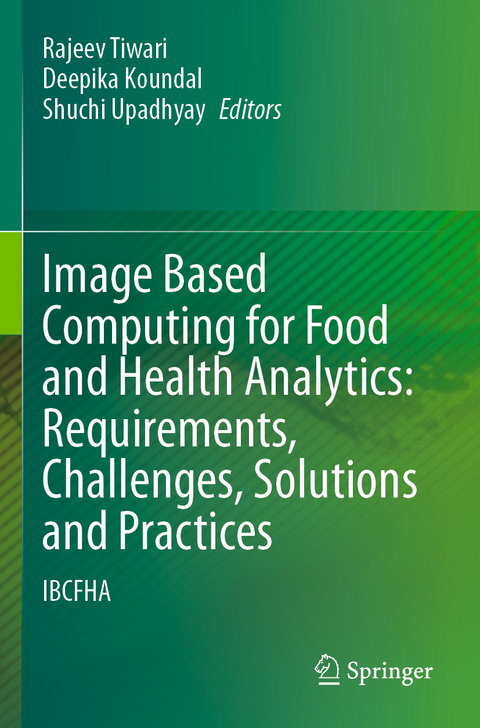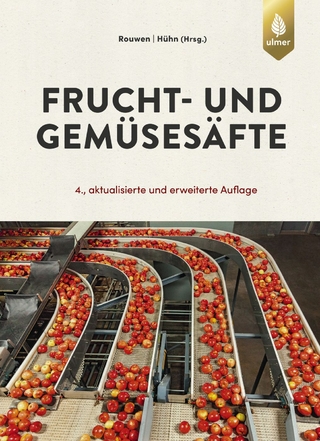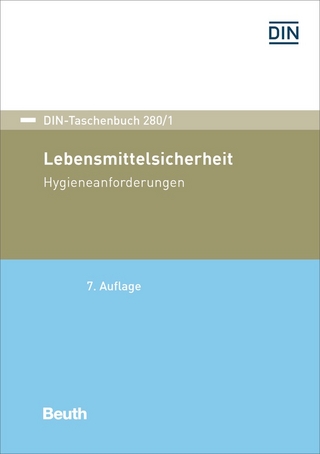
Image Based Computing for Food and Health Analytics: Requirements, Challenges, Solutions and Practices
Springer International Publishing (Verlag)
978-3-031-22961-9 (ISBN)
Increase in consumer awareness of nutritional habits has placed automatic food analysis in the spotlight in recent years. However, food-logging is cumbersome and requires sufficient knowledge of the food item consumed. Additionally, keeping track of every meal can become a tedious task. Accurately documenting dietary caloric intake is crucial to manage weight loss, but also presents challenges because most of the current methods for dietary assessment must rely on memory to recall foods eaten. Food understanding from digital media has become a challenge with important applications in many different domains. Substantial research has demonstrated that digital imaging accurately estimates dietary intake in many environments and it has many advantages over other methods. However, how to derive the food information effectively and efficiently remains a challenging and open research problem. The provided recommendations could be based on calorie counting, healthy food and specific nutritional composition. In addition, if we also consider a system able to log the food consumed by every individual along time, it could provide health-related recommendations in the long-term.
Computer Vision specialists have developed new methods for automatic food intake monitoring and food logging. Fourth Industrial Revolution [4.0 IR] technologies such as deep learning and computer vision robotics are key for sustainable food understanding. The need for AI based technologies that allow tracking of physical activities and nutrition habits are rapidly increasing and automatic analysis of food images plays an important role. Computer vision and image processing offers truly impressive advances to various applications like food analytics and healthcare analytics and can aid patients in keeping track of their calorie count easily by automating the calorie counting process. It can inform the user about the number of calories, proteins, carbohydrates, and other nutrients provided by each meal. The information is provided in real-time and thus proves to be an efficient method of nutrition tracking and can be shared with the dietician over the internet, reducing healthcare costs. This is possible by a system made up of, IoT sensors, Cloud-Fog based servers and mobile applications. These systems can generate data or images which can be analyzed using machine learning algorithms.
Image Based Computing for Food and Health Analytics covers the current status of food image analysis and presents computer vision and image processing based solutions to enhance and improve the accuracy of current measurements of dietary intake. Many solutions are presented to improve the accuracy of assessment by analyzing health images, data and food industry based images captured by mobile devices. Key technique innovations based on Artificial Intelligence and deep learning-based food image recognition algorithms are also discussed. This book examines the usageof 4.0 industrial revolution technologies such as computer vision and artificial intelligence in the field of healthcare and food industry, providing a comprehensive understanding of computer vision and intelligence methodologies which tackles the main challenges of food and health processing. Additionally, the text focuses on the employing sustainable 4 IR technologies through which consumers can attain the necessary diet and nutrients and can actively monitor their health. In focusing specifically on the food industry and healthcare analytics, it serves as a single source for multidisciplinary information involving AI and vision techniques in the food and health sector. Current advances such as Industry 4.0 and Fog-Cloud based solutions are covered in full, offering readers a fully rounded view of these rapidly advancing health and food analysis systems.
Rajeev Tiwari is a professor at Bidholi, School of Computer Science, UPES in Dehradun, Uttarakhand, India
Deepika Koundal is a professor at Bidholi, School of Computer Science, UPES in Dehradun, Uttarakhand, India
Shuchi Upadhyaygh s a professor at Bidholi, School of Computer Science, UPES in Dehradun, Uttarakhand, India
1. Food Computing Research opportunities using AI and M.- Estimating the Risk of Diabetes Using Association Rule Mining Based on Clustering.- Digital Twins for Food Nutrition and Health Based on Cloud Communication.- Smart Healthcare Systems: An IoT with Fog Computing based Solution for Healthcare,- An Intelligent and Secure Real-time Environment Monitoring System for healthcare using IoT and Cloud Computing with the Mobile Application Support.- Efficient BREV Ensemble Framework: A Case Study of Breast Cancer Prediction,- Current and Future Trends of Cloud-based solutions for Healthcare,- Secure Authentication in IoT based healthcare management environment using integrated Fog computing enabled blockchain system.- SENTIMENT ANALYSIS OF COVID-19 TWEETS USING VOTING ENSEMBLE-BASED MODEL.- Cloud and machine learning based solutions for healthcare and preventio.- Interoperable Cloud-Fog architecture in IoT-enabled Health Sector.- COVID-19 Wireless Self-Assessment Software for Rural Areas in Nigeria.- Efficient Fog-to-Cloud Internet-of-Medical-Things System.
| Erscheint lt. Verlag | 27.3.2024 |
|---|---|
| Zusatzinfo | VIII, 246 p. 70 illus., 61 illus. in color. |
| Verlagsort | Cham |
| Sprache | englisch |
| Maße | 155 x 235 mm |
| Themenwelt | Technik ► Lebensmitteltechnologie |
| Schlagworte | Ai and ML • Food Computing • Image Processing • Industry 4.0 frameworks • Nutritional analysis |
| ISBN-10 | 3-031-22961-4 / 3031229614 |
| ISBN-13 | 978-3-031-22961-9 / 9783031229619 |
| Zustand | Neuware |
| Haben Sie eine Frage zum Produkt? |
aus dem Bereich


